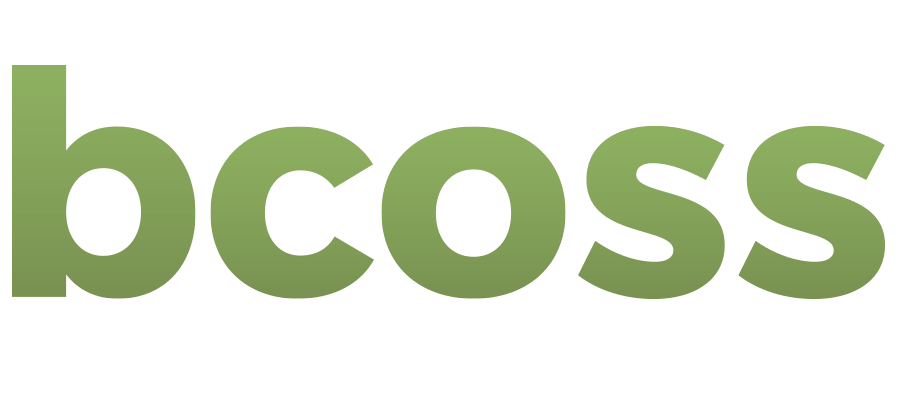Cheek Augmentation Surgery can provide a more youthful appearance to an aging face, and if combined with a facelift the outcome can be even more rewarding.
Cheek Augmentation or Molar Surgery can be performed as an independent procedure or as part of a facelift procedure.
Cheek implants are a cosmetic procedure that can help change the basic structure of the face to give a fuller, more balanced look. By placing an implant within the cheek, it can bring this area into a more harmonious balance with the rest of the face. Cheek implants can be performed for young patients to help bring better balance to their facial features. Or it can also be performed on older patients to help fill out faces that appear sunken or tired. Cheek implants can be performed alone or in conjunction with another procedure, such as rhinoplasty so that both of these traits are better proportioned with each other.
